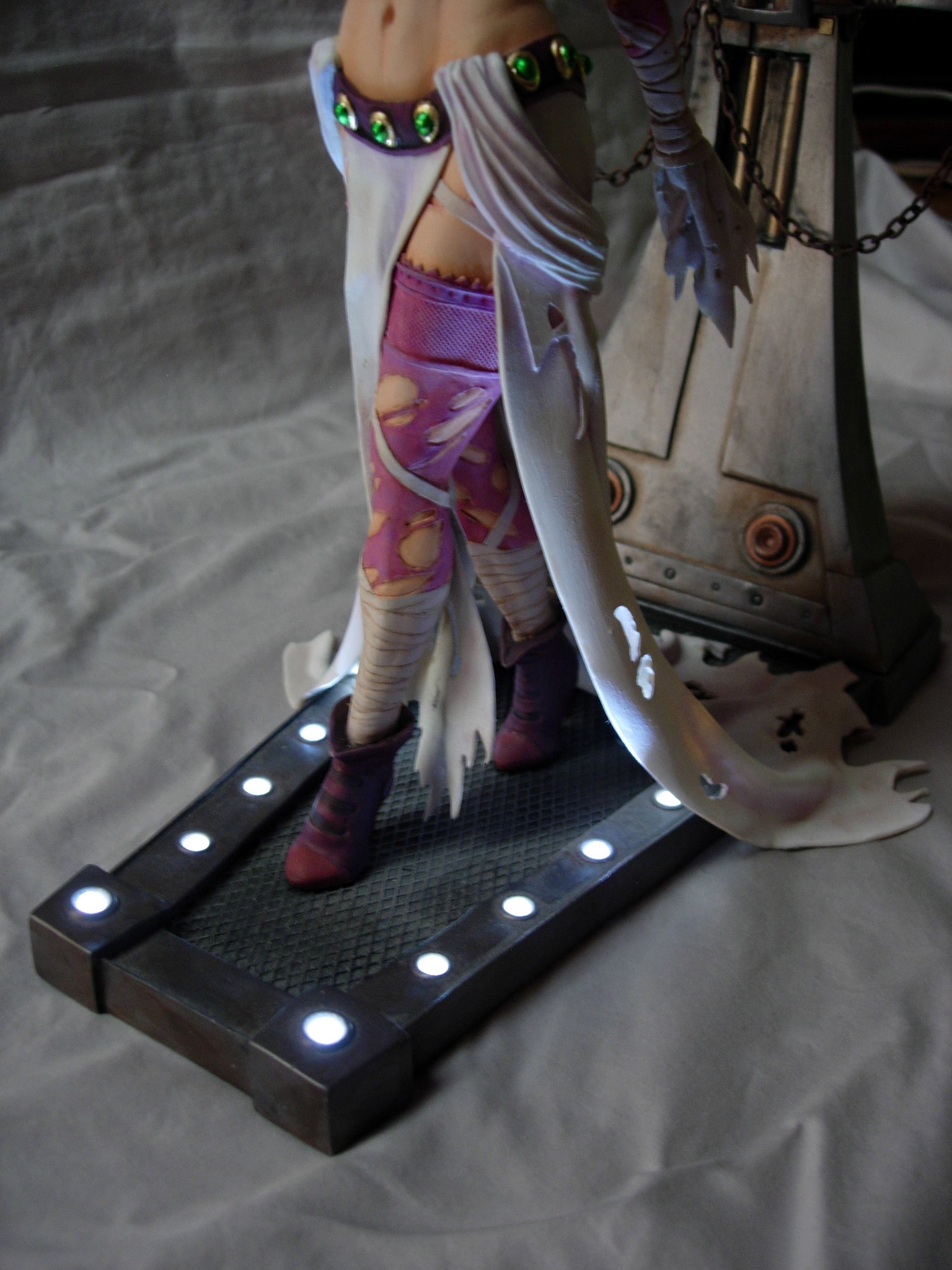Is this true or false?
I have an understanding how to wiring them in Parallel and Series, I just don't know of the number of resistors needed when wiring these LEDs
Thanks so much
Moderators: Sparky, Moderators
I did the math on this at one point - but the problem with this is that the battery voltage decreases as the battery discharges, and as the voltage across the LED decreases a little, the current through it decreases a lot. The LED winds up turning off far before the battery is truly depleted.TurkeyVolumeGuessingMan wrote: ↑Mon Aug 21, 2017 9:02 pm I was watching Jay Chladek's YouTube channel and he used 3V LEDs in his Moebius Cylon raider build. Since he powered it with a 3V battery pack (two AA batteries) and wired everything in parallel, it was all 3V so no resistors were necessary.
(cough cough cough) I'm a bit of a hypocrite, here. I just finished this model, which I'd had 95% completed for the longest time, and back when I rigged up the floodlights (couple years ago?), I made up three strings, each of three white LEDs in series, with a small resistor. Power is a 9V battery.
